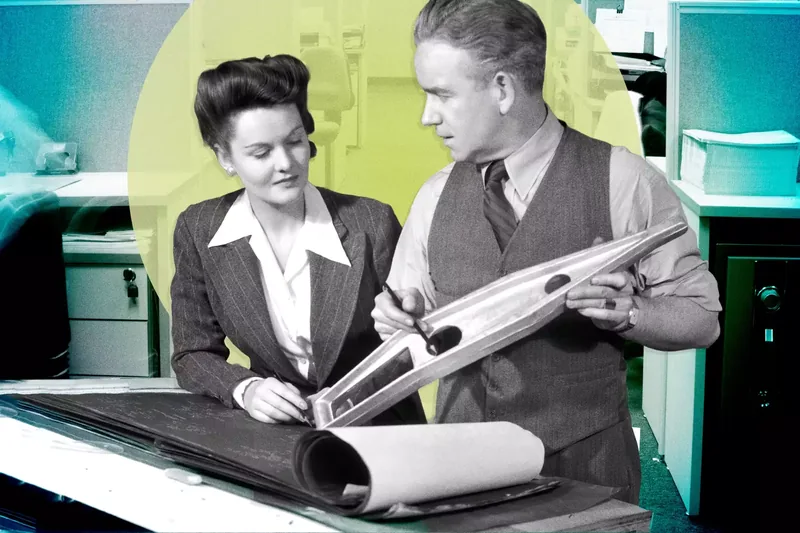The Modern Career Dilemma: Finding Joy When You Don't Love Your Job Yet
Are you in a job that feels less like a dream and more like a stepping stone – or even a necessary chore? You're not alone. In today's dynamic work landscape, many professionals grapple with the tension between the aspirational ideal of "loving what you do" and the practical realities of building a sustainable career. The good news? You absolutely can cultivate profound satisfaction and purpose in your work, even if you don't love your job yet. This guide offers a pragmatic, step-by-step approach to transform your professional life, blending skill-building with authentic passion.
What You'll Learn:
- How to strategically prioritize skill development and opportunities in your early career.
- Actionable ways to nurture personal passions outside of your primary job.
- Methods for gradually integrating your passions into your professional path.
- Techniques to adapt and personalize your career for lasting fulfillment.
- Practical advice for navigating career changes and leveraging new opportunities.
Prerequisites:
- An open mind and willingness to view your career as an evolving journey.
- A commitment to active self-reflection and personal growth.
- The understanding that career satisfaction is built, not merely found.
1. Why the "Love What You Do" Mantra Falls Short
For generations, the adage "Choose a job you love, and you will never have to work a day in your life" has echoed through career advice. While well-intentioned, this sentiment often sets an impossibly high bar, especially for those just starting out or for anyone who doesn't love their job yet.
Contemporary career thinkers, like Cal Newport, author of So Good They Can’t Ignore You, challenge this "passion hypothesis." Newport argues that passion isn't a pre-existing state to be discovered, but rather a byproduct of mastery and valuable skill development. This perspective resonates strongly in 2025, where industries are rapidly transforming due to AI and automation, demanding adaptability and continuous learning.
While the cultural narrative often suggests widespread misery, recent data paints a more nuanced picture. A 2025 YouGov survey indicates that 74% of American workers either love or like their jobs. Similarly, a 2024 Pew Research Center report found that half of U.S. workers are "extremely or very satisfied" with their employment. This suggests that satisfaction is more attainable than often portrayed, even if you're not deeply passionate from day one.
The disconnect often arises because much of this advice is aimed at young professionals who lack real-world experience. How can a 22-year-old truly know what energizes or drains them in a professional setting? Expecting immediate passion can lead to paralysis or choices based on incomplete information, making it harder to establish a stable foundation if you don't love your job yet.
2. Prioritizing Skills and Opportunities: The Foundational Step
Action: Embrace Strategic Skill-Building
In the initial stages of your career, the most compassionate choice you can make for your future self is to prioritize roles that build valuable, transferable skills. Think of this as laying a robust foundation for a house you'll design later. Research from leading universities like Harvard (2024) consistently highlights the long-term career benefits of early skill acquisition over immediate passion pursuit.
- How: Seek roles with strong mentorship, clear growth trajectories, and exposure to in-demand technologies or processes. Focus on developing competencies that are resilient to market shifts, such as data analysis, project management, communication, or problem-solving.
- Why: These foundational skills provide leverage. They open doors to future opportunities and give you the confidence to negotiate for better roles or even pivot into new fields. Without this bedrock, chasing fleeting passions can lead to instability.
- Pro Tip: Even if you don't love your job yet, identify 1-2 key skills you want to master within your current role. Actively seek projects or training that will help you achieve this. This focused learning can make an otherwise uninspiring job feel more engaging.
Example: The Data Analyst Who Found Her Niche
Take Sarah, who started her career as a junior data analyst at a large insurance firm. She wasn't passionate about insurance, but the role offered excellent training in SQL, Python, and statistical modeling – highly sought-after skills. For the first three years, she focused intently on mastering these tools. While she might have felt she didn't love her job yet, she understood its strategic value. This strong technical foundation eventually allowed her to transition into a lead data scientist role at a climate tech startup, a field she was passionate about, where her analytical prowess could make a tangible environmental impact. Her early










